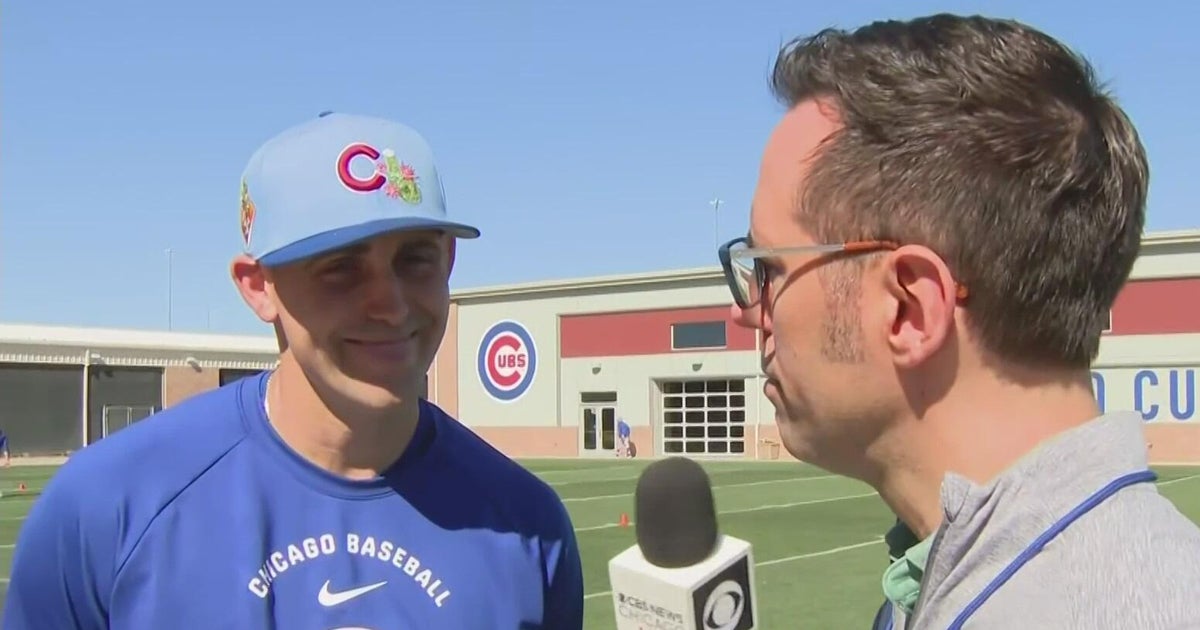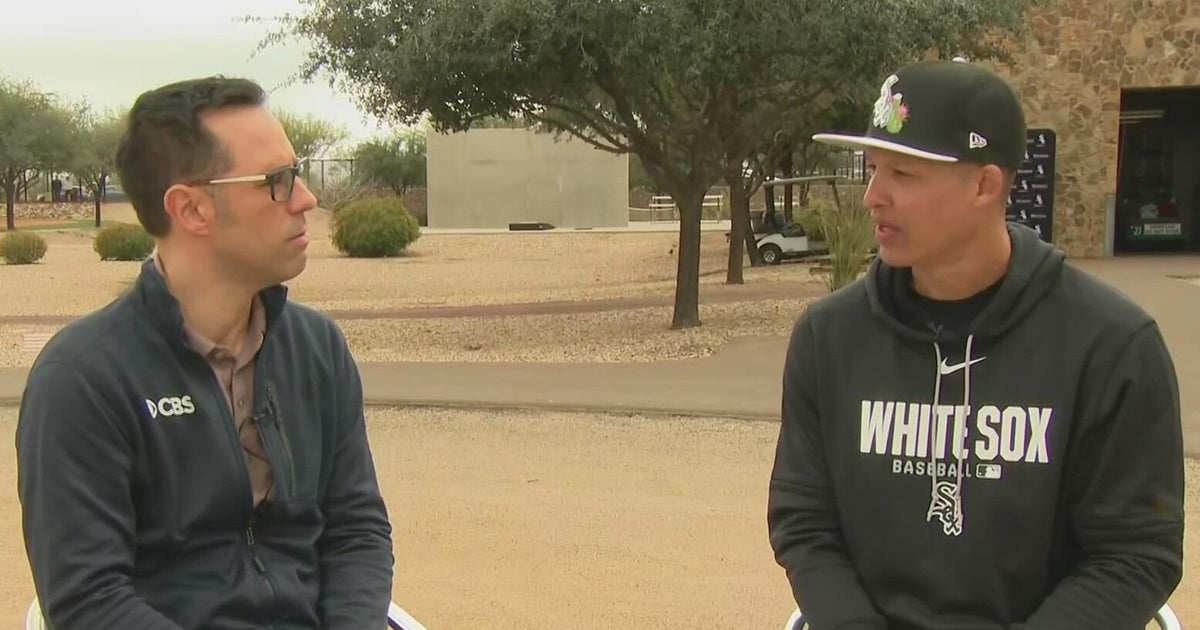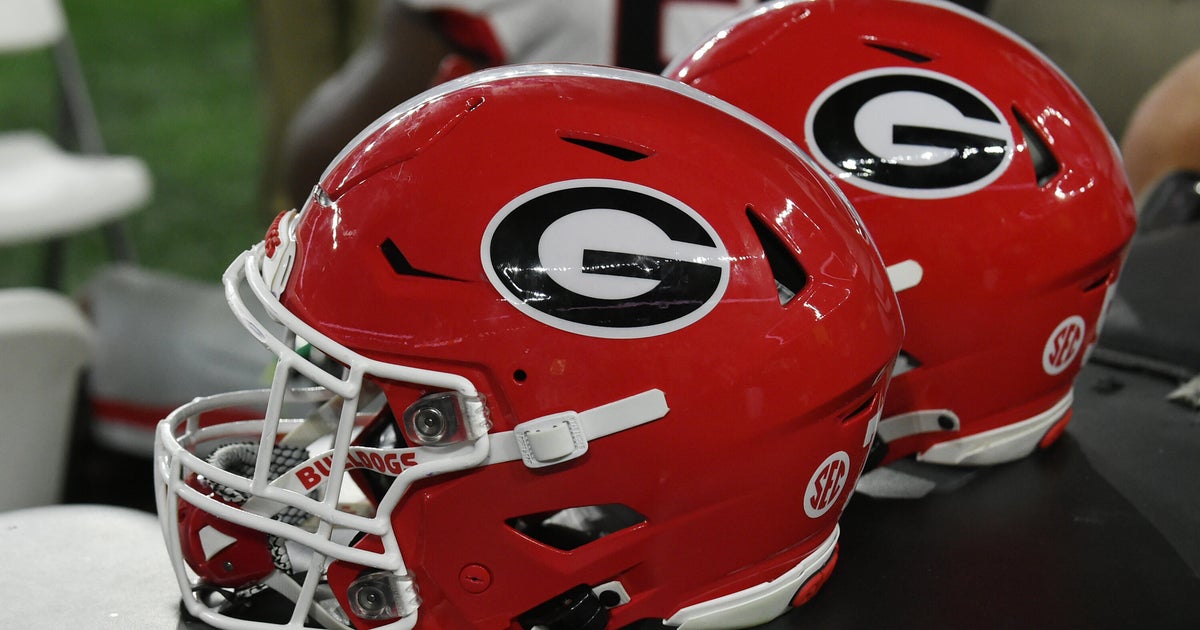Bill Belichick Gives Rare, Valuable Insight Into Patriots' Process For Grading Draft Prospects
By Michael Hurley, CBS Boston
BOSTON (CBS) -- On Thursday night, perhaps a little perturbed by a question about the starting quarterback, Patriots head coach Bill Belichick gave a curt answer to a question about the draft grade that the team had placed on quarterback Mac Jones, and how that grade related to other players available in the first round.
"Yeah, I mean, we're not going to go through all the grades on everybody on the board. That's not really something that I would want to talk about in this setting," Belichick replied. "Like I said, the grading of the players on the draft board and all that, I mean, we have met on that for hours and hours and hours. I mean, we're not going to get into that now."
One night later, Belichick wanted to make amends for this terse response. At the end of his video conference with Patriots reporters following the second and third rounds of the draft, Belichick went out of his way to specifically address the reporter -- Phil Perry of NBC Sports Boston -- who asked the question about draft grades. The future Hall of Famer then gave a rare look behind the curtain at the Patriots' process for evaluating draft prospects.
Here's what Belichick said in almost four uninterrupted minutes (transcription courtesy of the Patriots):
And then I don't know if -- is Phil [Perry] on the call? Doesn't sound like it. Well, when you do the transcript there, but Phil asked a question yesterday about the grading and so I just want to give a quick comment on that.
Not trying to be evasive about the grading and all that, but I would just say that we don't grade players like 1, 2, 3, 4, 5. That's just not, it's just not the way we do it. We use a combination of numbers, letters, colors and those things all have different meanings, defending upon what they would indicate about the player's circumstances or situation or whatever it is that involved the players. And all the players are different and a lot of them, you know, in the end there really aren't that many of them that come to the school, play their career there, and leave. There's things that happen in between and a variety of circumstances and so we have ways to identify those.
So sometimes the color's going to override the number, sometimes the letter is going to override the numbers or the colors and so forth. And so it's not, you know, this guy's at an 85 and this guy's at an 83, it just doesn't work like that. There's a number, a color, possibly a letter or letters that go with those players and those things could all, depending upon what they represent, could all override something else that's a part of the grade.
So it just really the way we identify the player and tag the player is one that helps us classify. It's just too hard to generalize and give a player an 85 grade or whatever and then, like what does that mean? But if you can tag that grade, that number grade, whatever it is, with something that would indicate other things regarding injuries or how many schools he's been to or whether he was a transfer or if he came out early or if he switched positions or so forth and so on, played at a lower level of competition, I mean, there's dozens of things here that we could talk about. It becomes a pretty complex scale.
So not trying to ignore with him what it is, but it would be impossible for me to sit here and explain the grade scale and how it works and interacts and all that. That takes, honestly, you know, months of, I would say, understanding between the scouting department and working through a lot of different situations to really be able to utilize it effectively so we can categorize players in the right, in what we feel is the right fashion. Not saying it's right, but we do it so that we can identify things and have ways to work through players and their situations to try to have as fair and as good an evaluation on them as we can.
(The comments begin at the 16:40 mark of this video.)
Belichick's unprompted message stands out for several reasons. For one, considering he's rather well-known for giving brief responses when asked questions that he's rather not answer, he showed that he has a tremendous amount of respect for Perry, who's covered the team for quite some time and also digs deep each year to identify draft picks that potentially fit within the Patriots' system. For Belichick to bring it up on his own around 12:30 a.m. in the midst of an important draft for the team shows that Thursday's non-answer had weighed on his mind.
It's also just a rare glimpse into the process the Patriots have. Whether it's something significant like this or something seemingly meaningless, Belichick is always careful about what he shares with the media. Sometimes that's about not giving up any competitive edge to opponents, and other times it's just about not speaking about a certain topic if it's not entirely necessary.
In this case, though, Belichick got into some pretty good detail about how he, the scouting department, and the front office work together to identify the players they want for a variety of reasons. It certainly wasn't expected to come when he did, but a rare bit of insight like that is of course always welcome.







